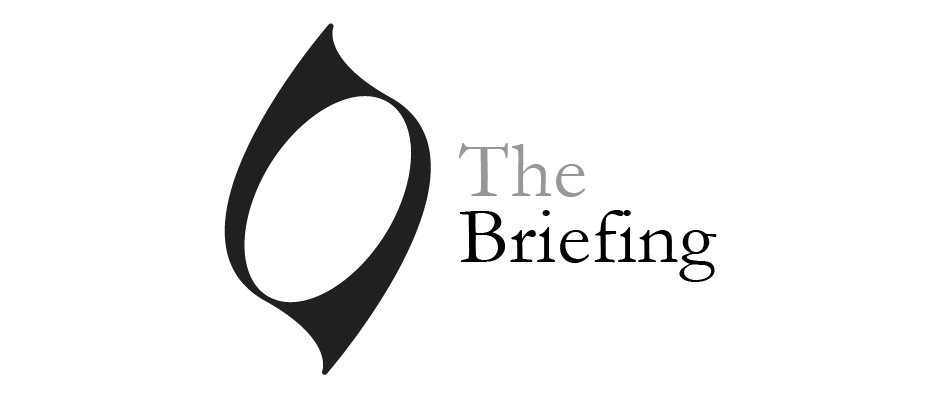Every Friday, we will publish a short list of a few articles that have caught our attention. This is what we’re reading this week:
On Practicing Faith in Prison: The Church and its Moral Obligation to the Incarcerated
While Jens and I talked, I kept looking at the other prisoners, trying not so obviously to stare. Some of them were visiting with parents, children, friends. This is surely not how they planned their lives. Prison incarcerates a whole family, for generations even. What’s in store for the eight-year-old boy over there playing Connect 4 with his briefly happy father and his depressed-looking, long-suffering mother? Or the man weeping as his girlfriend holds his hand? Or the mother whose whole body announces her aches as she tries to get her son to read the Gideon Bible with her? These are human beings. Kin. Beloved of God, in need of grace, some already partaking of it. That’s what the church needs to see.
A Lie or a Delusion? Telling fact from fiction in Trumpian times:
Bill Clinton could barely go a day without some shading or parsing of the truth. Richard Nixon was famously tricky. But all the traditional political fibbers nonetheless paid some deference to the truth — even as they were dodging it. They acknowledged a shared reality and bowed to it. They acknowledged the need for a common set of facts in order for a liberal democracy to function at all. Trump’s lies are different. They are direct refutations of reality — and their propagation and repetition is about enforcing his power rather than wriggling out of a political conundrum. They are attacks on the very possibility of a reasoned discourse, the kind of bald-faced lies that authoritarians issue as a way to test loyalty and force their subjects into submission. That first press conference when Sean Spicer was sent out to lie and fulminate to the press about the inauguration crowd reminded me of some Soviet apparatchik having his loyalty tested to see if he could repeat in public what he knew to be false. It was comical, but also faintly chilling.
The Many Hypocrisies of Donald Trump:
Upon closer look (and Trump’s actions usually warrant one), the president is simultaneously going back on the fiery words of his campaign. After hurling nasty base attacks at Hillary Clinton over everything from her alleged failing health to conflicts of interest at the Clinton Foundation, Trump is currently engaged in at least five of the same exact behaviors he had attacked his opponent over. Hypocritical? Sure! Sexist? Definitely. Read on.
An interview with Herta Müller on Faith, Flowers, Insecurity, Oppression and Otherness:
I still can’t stand the sight of them. Or gladioli. Whenever there was a funeral or a burial of some high-ranking socialist functionary, they always had the same flowers, because those were the flowers that lasted the longest. But I’ve always liked the flowers that wilt quickly, like pansies or lily of the valley or dahlias or phlox, and that don’t let themselves be put to ill use. It’s the same with people—the people who get put to ill use are the ones whose character lends itself to that. People who don’t have those traits to begin with can’t be misused that way. Just like if the carnations and gladioli wilted more quickly, then they wouldn’t wind up inside the wreaths for the party bosses who had just died. But the flowers in the little gardens, the ones that bloom for just a short time—those were the plants of the powerless.
You know you start to get a little kooky when you live so long in a dictatorship.
You Only Need 417 Hours To Read 200 Books:
Here’s the simple truth behind reading a lot of books: It’s not that hard. We have all the time we need. The scary part—the part we all ignore—is that we are too addicted, too weak, and too distracted to do what we all know is important…
The Literati look to fiction to foresee the dissolution of the White House:
An assortment of dystopian classics have been racing up retailers’ best-seller lists since Mr. Trump took over the White House. Philip Roth’s novel “The Plot Against America,” Mr. Orwell’s “1984” and Sinclair Lewis’s “It Can’t Happen Here” are being consulted as a literary trove for plumbing the national Id. Aldous Huxley’s “Brave New World” and Philip Dick’s “The Man In The High Castle” are pored over for political clues to whatever is coming.
